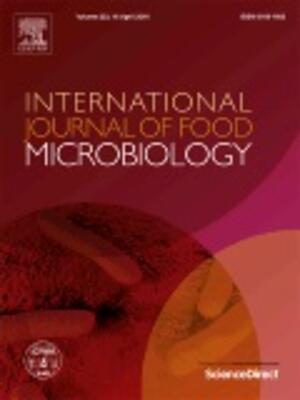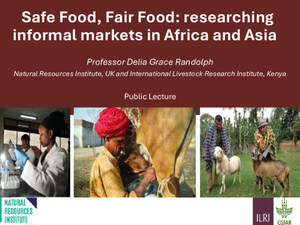
Consumer preferences for safe pork products in rural Kenya
Abstract
Food-safety is classified as a basic human right and is therefore controlled and regulated
by governments. Some governments however, due to resource constraints and the diverse
nature of the food in their countries, fail to enforce appropriate legislation. To remedy such
situations, studies have suggested alternatives to government intervention which leverage
market incentives to achieve greater efficiency in food safety management. These incentives
are largely determined by consumers preference and their willingness to pay for safer food.
Rural pork value chains in Kenya are mostly low input systems with several public
health inadequacies which pose a threat to the health of consumers as well as other livelihood systems dependent on pork production. This is a common characteristic of livestock
production in developing countries where smallholder production and informal marketing
systems are quite dominant.
This study analyses the preferences and willingness to pay for safe and high quality pork
products by consumers in such a system. Results indicate that consumers in Kenya state a
preference for safer pork products and a willingness to pay more for them. These highlight
a potential opportunity to exploit market based incentives such as a ‘safe pork’ premium to
encourage a certain degree of self-regulation of meat value chains. Additionally, investing
in increasing consumer awareness about food safety issues should be considered in order to
generate an effective market demand especially in rural areas with relatively lower literacy
levels.
Citation
Gichuyia, C., Mtimet, N., Akaichi, F., Onono, J., Fèvre, E. and Thomas, L. 2021. Consumer preferences for safe pork products in rural Kenya. Paper prepared for Tropentag 2021 - Towards shifting paradigms in agriculture for a healthy and sustainable future, 15-17 September 2021.









